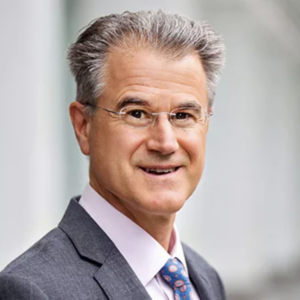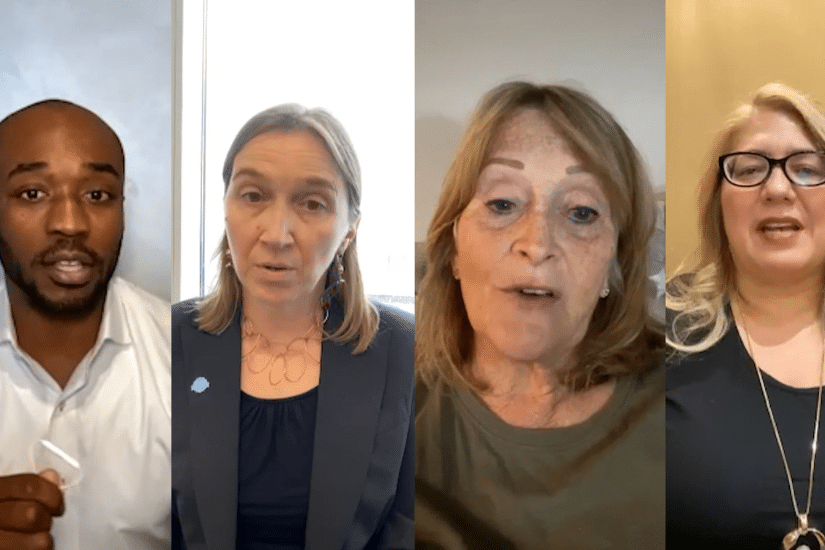This Bill Would Help Americans Save For Retirement

Last year’s SECURE Act paved the way for greater access to workplace savings plans. Now, Congress is focusing on ways to increase how much Americans save.
Ways and Means Chairman Richard Neal and Ranking Member Kevin Brady have introduced the Securing a Strong Retirement Act of 2020 or SSRA. The bill is focused on increased savings at work, which is key to a more secure retirement.
The bill begins with automatic enrollment, a proven winner in getting more people to save. Auto-enrollment allows retirement plan sponsors to assume their employees have elected to contribute. Of course, employees can opt to save more or less or not at all. But studies show auto-enrollment is very effective in helping folks do what they know they need to do – save. Under the bill, new plans would need to automatically enroll employees at a contribution rate of at least 3% and increase their savings rate each year until it reaches 10%.
Next, the bill expands the Savers Credit which allows many low- and middle-income savers to get an additional tax break when they save. Under the bill, there is a single 50% credit and a higher indexed credit limit of $1,500 a year. And the U.S. Treasury Department is directed to increase public awareness of this important tax credit.
The bill provides near retirees a chance to save even more before retirement. For workplace plans, it raises the age 50+ catch-up limit, currently $6,500 a year, to $10,000 for those age 60 or older. It would also index for inflation the $1,000 age 50+ catch-up for IRAs.
And there’s more. The bill will help folks struggling with student debt to start building retirement savings by allowing employers to contribute a matching amount to their retirement plan as if the student loan payments were plan contributions. The bill would also allow employers to provide small value incentives to entice workers to enroll like a gift card to their favorite coffee spot.
We all know we need to save, but it can be a challenge to get started, especially in an economic downturn. SSRA will help.





